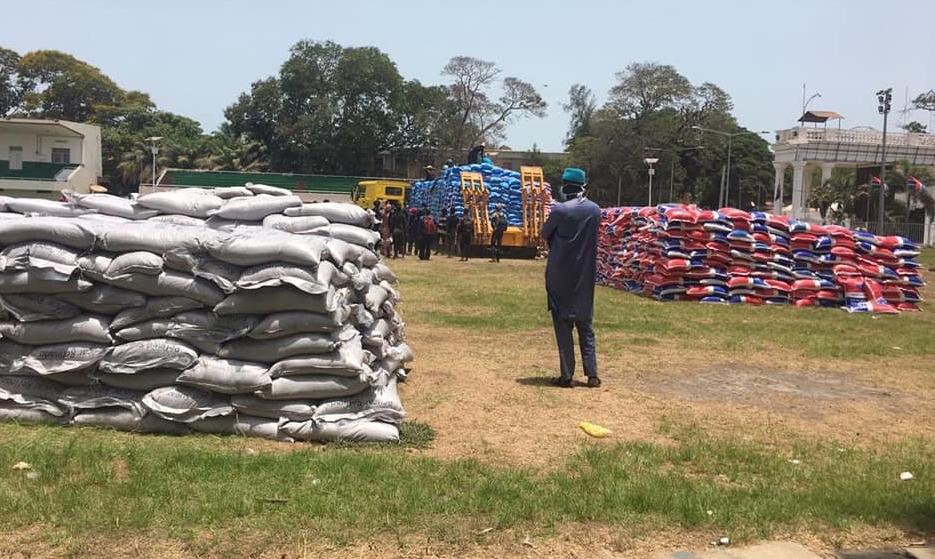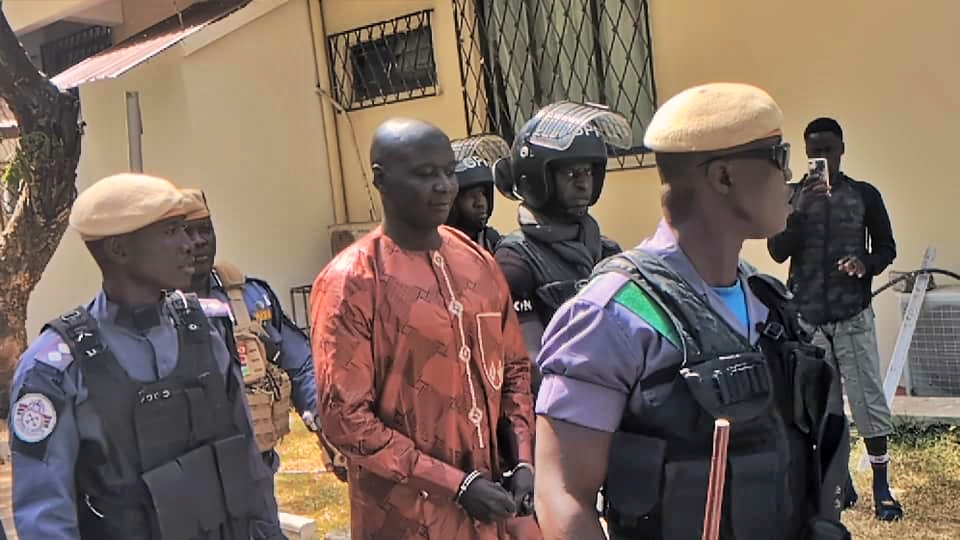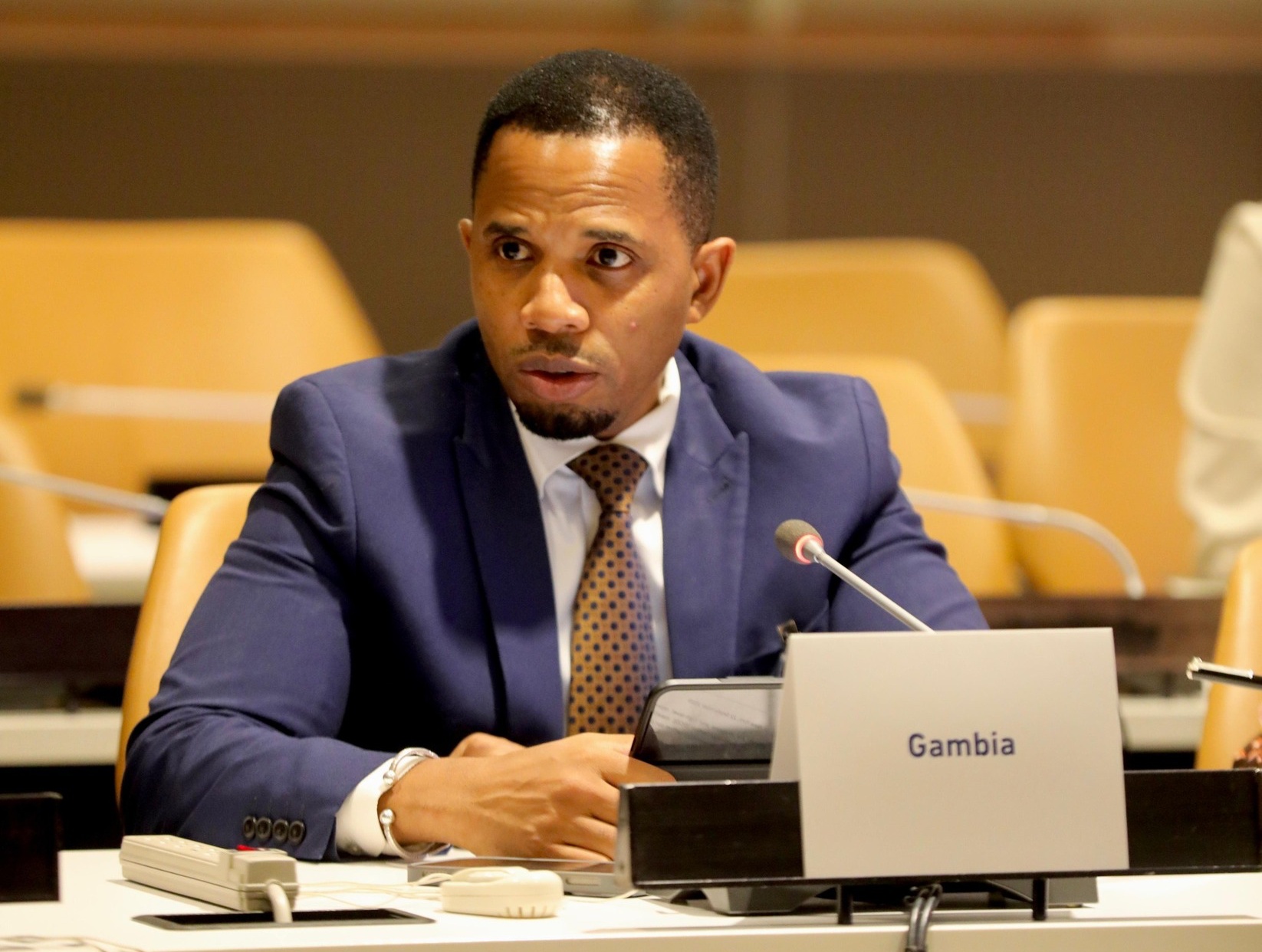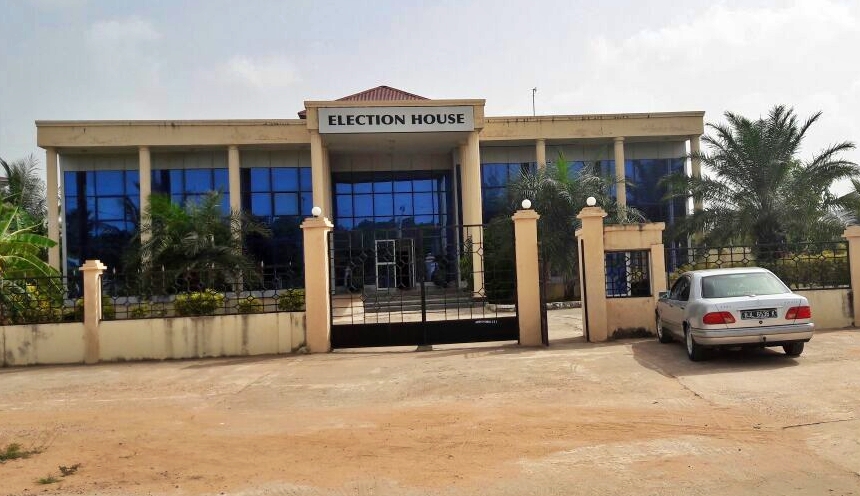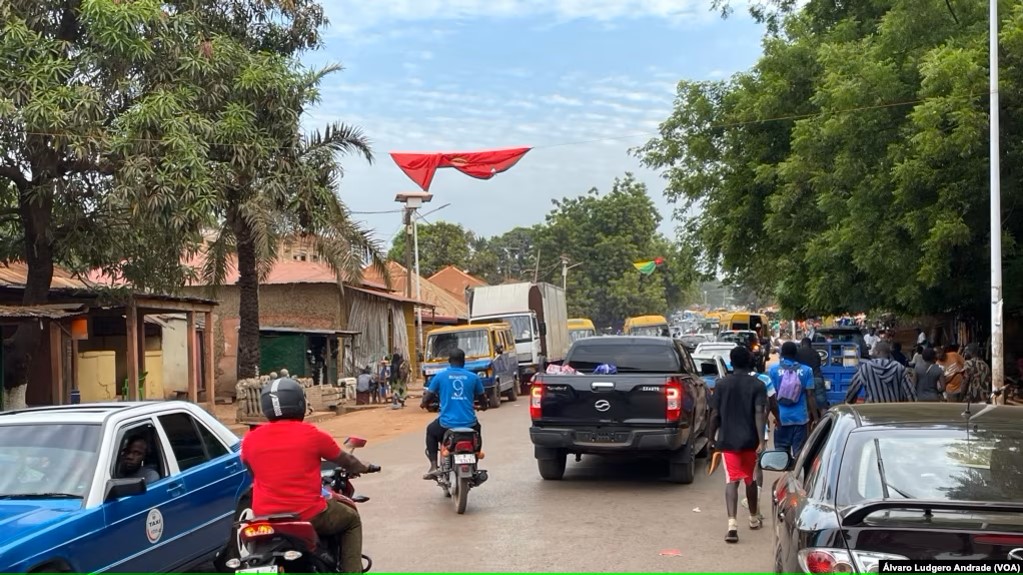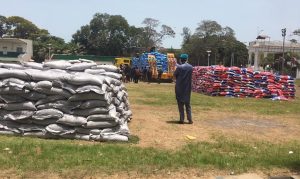Gambiaj.com – (BISSAU, Guinea-Bissau) – The United Nations has raised concerns over growing political tensions in Guinea-Bissau, warning that deep divisions over the country’s electoral timeline and institutional legitimacy could pose serious risks to a peaceful transition.
Speaking at a UN Security Council meeting on Thursday, Leonardo Santos Simon, the head of the UN Office for West Africa and the Sahel (UNOWAS), highlighted the fragile political climate in the Lusophone West African nation. He stressed that disagreements over the expiration of the current presidential term and the 2025 election schedule were potential flashpoints.
“In Guinea-Bissau, deep disagreements over the end of the current presidential term, the timing of the 2025 elections, and the legitimacy of state institutions pose serious risks to a peaceful process,” Santos Simon cautioned. He assured that UNOWAS would continue working with the Economic Community of West African States (ECOWAS) to encourage dialogue and prevent escalation.
The political landscape in Guinea-Bissau has been volatile since President Umaro Sissoco Embalo dissolved parliament in December 2023, ahead of the constitutionally mandated one-year period following legislative elections.
Embalo, who completed his five-year term on February 27, has scheduled early presidential and legislative elections for November 23, a move that has deepened political uncertainty.
Beyond Guinea-Bissau, Santos Simon also addressed broader regional concerns, citing reports of human rights violations, including crackdowns on activists, journalists, and political figures. He warned that dwindling resources for humanitarian assistance, coupled with the persistent threats of terrorism and climate change, continue to destabilize the region.
While noting some positive economic indicators driven by resource extraction and food production, the UN envoy cautioned that high inflation, rising debt, climate-related shocks, and limited fiscal capacity were straining governments’ ability to invest in essential services and infrastructure.
Security remains the most pressing issue in the region, Santos Simon emphasized, acknowledging that significant military investments and cross-border cooperation have bolstered state control in some parts of the central Sahel. However, he stressed that continued efforts are needed to ensure long-term stability.
With political uncertainty looming over Guinea-Bissau’s electoral process, the role of regional and international actors in fostering dialogue will be crucial in preventing further instability.




